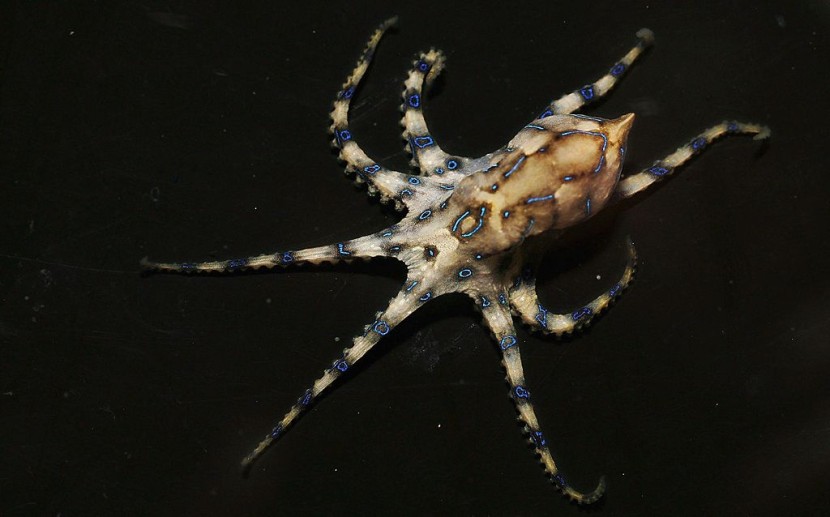
People would really think that researchers at the University were very familiar with everything they have in their laboratory, but there are moments these researchers could be stopped by their own stuff.
This was evident after the University of Georgia's Marine Education Center and Aquarium has acquired a common octopus. They assumed that they obtained a male octopus and even named it Octavius. Octavius seemed as if he was interested in the world surrounding him, including the other side of the glass.
One time, Octavius vanished from everyone's sight and hid out for most of that day. It was when the aquarium curator, Devin Dumont, found thousands of floating particles in the aquarium.
According to Dumont, he noticed a cloud of moving dots and there he realized that Octavius had babies, adding that the aquarium was filled with floating baby octopuses. Then there was a moment of panic when he started scooping the babies out of the tank to be taken care of by the aquarium staff. He also came to realize that Octavius has almost run her course.
Octavius, the only resident octopus of the aquarium, had apparently given birth to tens of thousands of baby octopi overnight. When Dumont discovered the cloud-like formations of the baby octopi, he was astounded for a number of reasons.
For starters, nobody knew that Octavius was pregnant. On August 8, the South Carolina Aquarium in Charleston handed out the female Octopus vulgaris to the Marine Education Center. The full-grown female octopus had been residing in her tank for more than two months, as reported by the Savannah Morning News.
As both male and female octopi look very similar, it is not out of the question for experts to make such mistakes in identifying the gender of an octopus. When Octavius was adopted, nobody at the aquarium knew that she was a female. Some physical differences between male and female octopi include what could be found on their third right arms.
It was believed that Octavius may have already been pregnant before she was brought to the aquarium but managed not to lay her eggs until she began to feel comfortable about her new place. Since octopi have the capacity to store semen for several weeks after they mate, waiting was not a problem until the conditions were just right.
Unfortunately, female octopi could not live for a long time after laying their eggs. They usually spend most of their time looking after their clutch that they tend not to eat in this process. While male octopi die soon after mating that makes things worse for them, The Earht Site reported.
Knowing that Octavius will soon die after laying her eggs, her baby octopi will continue on living in captivity and in nature. Some of the baby octopi were freed into the Skidaway River, while the others will be kept in the nursery tanks and will be raised in the Shellfish Research Lab. In due time, they will grow up into adult octopi and have to sacrifice their lives for their offspring. It is precisely the cycle of life.








